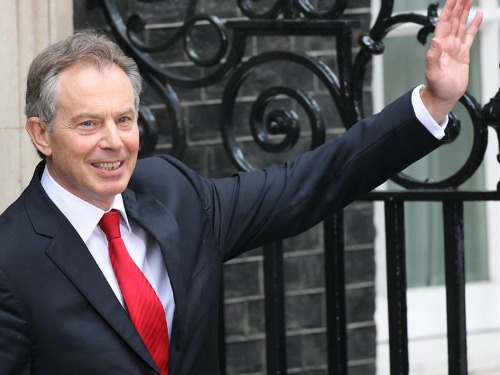#PhoneHackingScandal

#PhoneHackingScandal

The News of the World phone hacking scandal was a major media and political controversy in the United Kingdom that came to light in the early 2000s and peaked in 2011. Journalists and private investigators working for the British tabloid were found to have illegally accessed the voicemails of celebrities, politicians, members of the royal family, and even victims of crime, most notably murdered schoolgirl Milly Dowler. The revelation that the tabloid had deleted voicemails from Dowler’s phone sparked public outrage and led to the closure of the 168-year-old newspaper in July 2011. The scandal prompted multiple police investigations, high-profile arrests, and the Leveson Inquiry—a public investigation into press ethics and regulation. It exposed deep ethical failures within parts of the British press and raised serious concerns about media power and accountability.
Blair Calls for Inquiry into Politician-Media Relationship Amid Phone Hacking Scandal
- Thursday, 14 July 2011

Tony Blair believes it's time for an "honest debate" about the relationship between politicians and the media, citing discomfort with the current dynamic. He welcomes a public inquiry into press standards, regulation, and Westminster's dealings with the media, following the phone hacking scandal at the News of the World. Blair argues that the media must remain free, independent, and investigative, but acknowledges the need for a rethink in light of recent events and technological changes. He believes both sides have their own needs, but politicians still rely on the media to communicate policy to the public.




















